CHEERS | NEWS

NEWS SCOOP
What’s happening, what’s hot and who has the inside track on all forms of liquor, both local and abroad.
Click to get the inside track.



Bench your thirst
In the 2019 edition of the Rugby World Cup, South Africa set the tournament alight with the use of its substitutes, bringing on fresh sets of legs off the bench with these players dubbed the Bomb Squad.
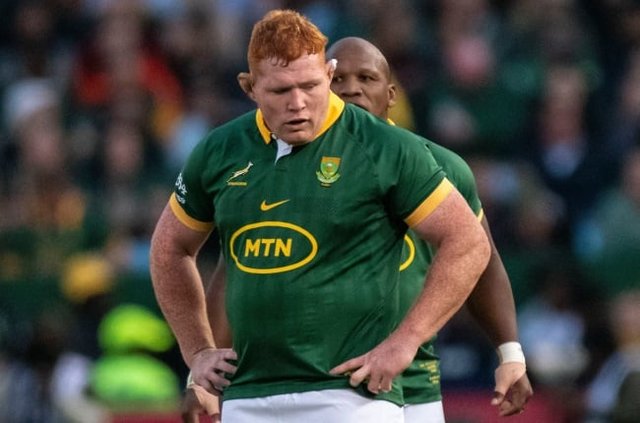
Bench your thirst

In the 2019 edition of the Rugby World Cup, South Africa set the tournament alight with the use of its substitutes, bringing on fresh sets of legs off the bench with these players dubbed the Bomb Squad.
Two members of the Bomb Squad, former DHL Stormers captain, prop Stephen Kitshoff and Emirates Lions hooker Malcolm Marx are firm friends, rooming together during Springbok rugby duty. They joined forces to capitalise on their status by jointly releasing a Bomb Squad beer. Marx even refers to this in his Insta profile, proudly stating that he’s a professional rugby player and “co-captain @BombSquadBeer”.
“It’s something we’d spoken about for a while,” Kitshoff said. “We wondered what we could do together outside of rugby that would reinforce our friendship and common interests.” They have both been surprised at how well received Bomb Squad beer has been in just the few months it’s been on the market.
Produced at Robertson’s Saggy Stone Brewery, the Bomb Squad Lager is just 3.9% alcohol by volume and has an international bitterness unit score of 24.
“A winning gold colour and effervescence makes Bomb Squad Lager easy to drink,” the Saggy Stone product page proclaims. “It tastes of victory being smooth and crisp with a light body. The floral hops skip and jump through subtle aromas of malt. This beer guards well with a mild bitterness that lingers in the mouth but never weighs you down.”

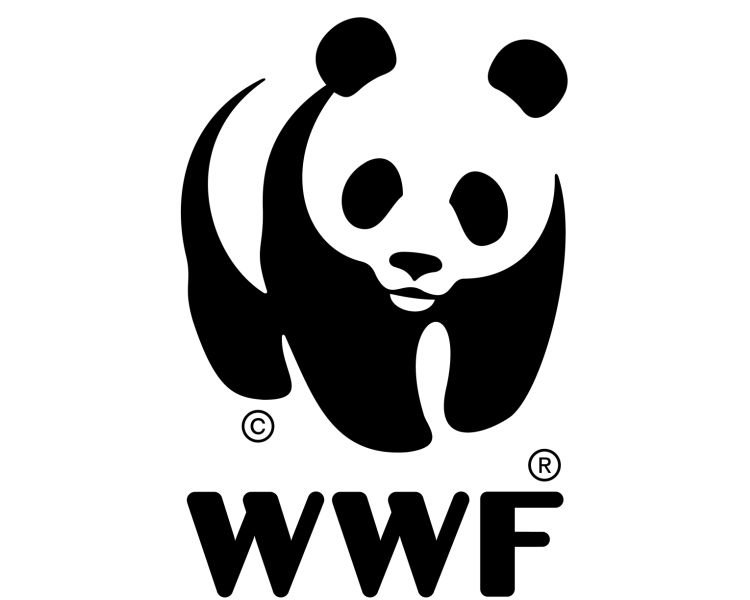
Championing biodiversity

South Africa’s wine producers have long championed the cause of biodiversity, choosing to set aside corridors of land, leaving them uncultivated and unspoiled for fauna to occupy, as well adopting more environmental and nature-friendly farming practices.
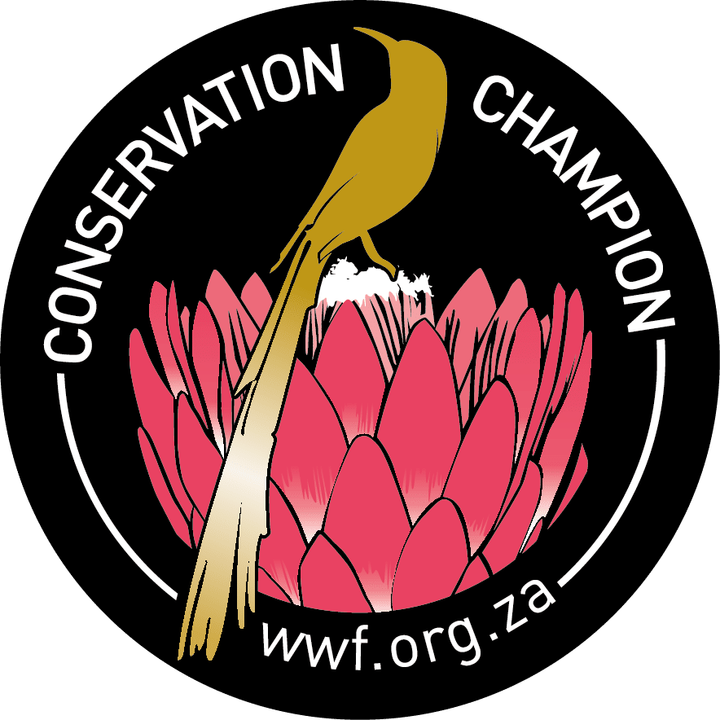
Championing biodiversity

South Africa’s wine producers have long championed the cause of biodiversity, choosing to set aside corridors of land, leaving them uncultivated and unspoiled for fauna to occupy, as well adopting more environmental and nature-friendly farming practices.
The World Wide Fund for Nature South Africa recently announced the newest wine farms to join the 54 others which have attained Conservation Champion status. Paarl’s Boland Cellar, De Grendel of Durbanville, Glenwood of Franschhoek, Hartenberg estate in Stellenbosch, Lomond of Cape Agulhas and PaardenKloof of Bot River are now all Conservation Champions.
They join an already impressive list of wine farms such as Vergelegen, Plaisir Estate, Delheim, Bartinney, Diemersdal, Groot Constantia, Paul Clüver, Boschendal, Almenkerk and Benguela Cove to name just a few of the now 60 champions.
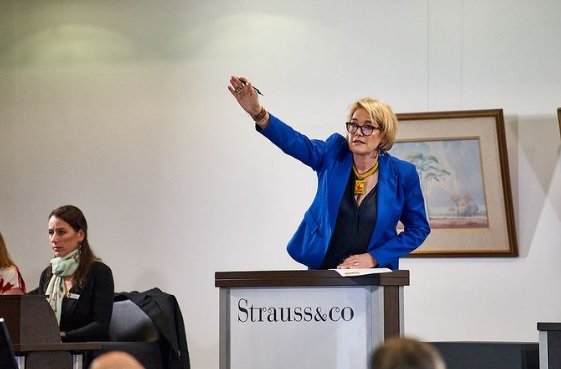

Hammertime
For serious wine enthusiasts, the annual Cape Winemakers Guild auction is the opportunity to snap up a few cases of the country’s finest and most exclusive wines.
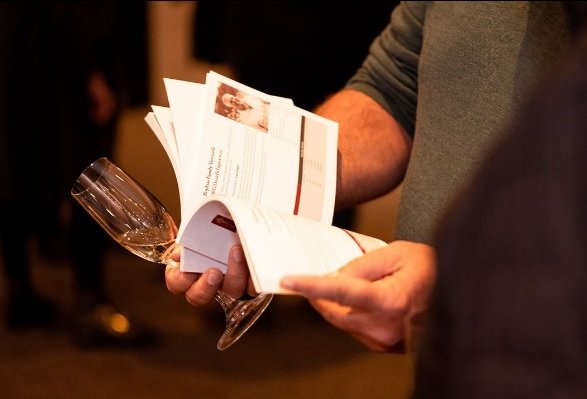
Hammertime

For serious wine enthusiasts, the annual Cape Winemakers Guild auction is the opportunity to snap up a few cases of the country’s finest and most exclusive wines. The auction, run by Strauss & Co., is open to members of the public and will be held at the Lord Charles Hotel in Somerset West on October 6 and 7. It’s also hosted online so bidders don’t need to physically be in the room. They can follow the livestream and bid from the comfort of their home.
These Guild wines are made in exceptionally small parcels, often only in single barrel lots – many of them from unusual grapes or experimental techniques, by some of South Africa’s best winemakers. Consequently, they command high prices, sometimes going for thousands of rands per bottle.
The Cape Winemakers Guild was established in 1982 with the intention of upskilling local winemakers by exposing them to the best of the word’s wines. It then grew and developed and a big part of its mandate nowadays is to raise funds for its Protegé programme. This is an initiative which provides funds for winemaking and viticultural education for formerly disadvantaged students as well as hands-on mentorship and employment for the protégés for three years.
Registrations for online and in person bidding needs to be done in advance of the event. Visit www.capewinemakersguild.com/auction/ for further details.
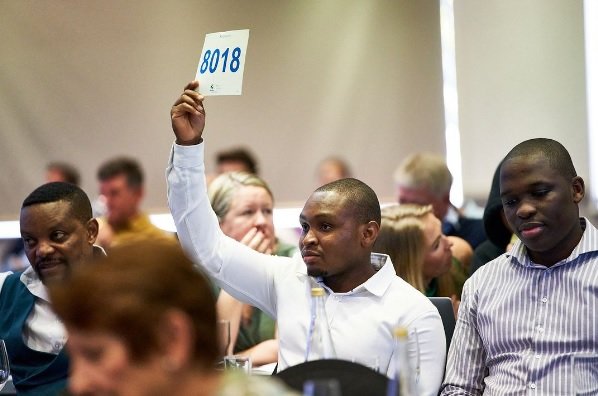
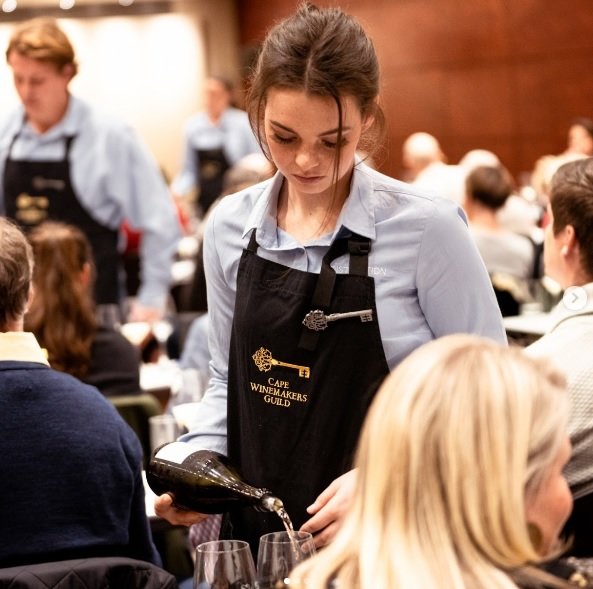
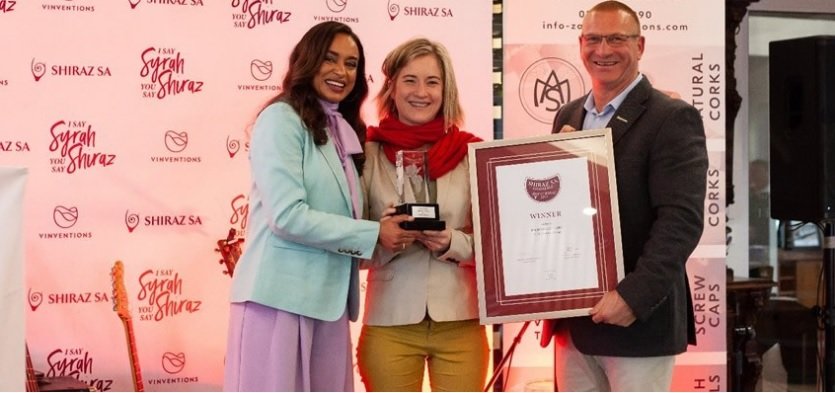
Rewarding Shiraz
Shiraz is a wine style South Africans love! In August the industry body, Shiraz SA announced the winners at its annual awards ceremony held at Simonsvlei winery in Paarl.


Darling Cellars winemaker Maggie Immelman, centre, receives her Top 12 Shiraz award from Johan Conradie of Vinventions SA and host Tracey Lange
Rewarding Shiraz

Shiraz is a wine style South Africans love! In August the industry body, Shiraz SA announced the winners at its annual awards ceremony held at Simonsvlei winery in Paarl.
The top 12 producers at the 2023 edition of the Shiraz SA Challenge were as follows (in alphabetical order): Anthonij Rupert Cape of Good Hope Riebeeksrivier Syrah 2018, Darling Cellars Gustus 2021, De Grendel Op die Berg Syrah 2021, Dewaldt Heyns Weathered Hands 2020, Diemersdal Syrah 2022, Fairview The Beacon 2020, Flagstone Dark Horse 2019, Groenland Syrah Premium 2018, Kleine Zalze Family Reserve 2019, Stellenzicht Arenite Syrah 2019, Uva Mira The Mira Shiraz 2020 and Wildeberg Red 2022.
Creation Wines of the Hemel en Aarde valley near Hermanus was awarded the second annual Bernard Podlashuk Shiraz Trophy, along with a R30 000 prize, for its excellence, innovation, creativity, sustainability, and social responsibility.
Sponsored by DGB, the wine recognises the contribution made by the father of South African shiraz. Bernard Podlashuk, who owned Bellingham wine farm near Franschhoek, was the first producer to bottle a single varietal shiraz in 1956.
Top performers in the shiraz blend category were Babylonsten with its 2021 Babel, Flagstone Velvet 2017 and Quoin Rock’s Simonsberg Blend 2020. The best shiraz rosé was adjudged to be the Villion Rosa Rabbedoe rosé 2023.
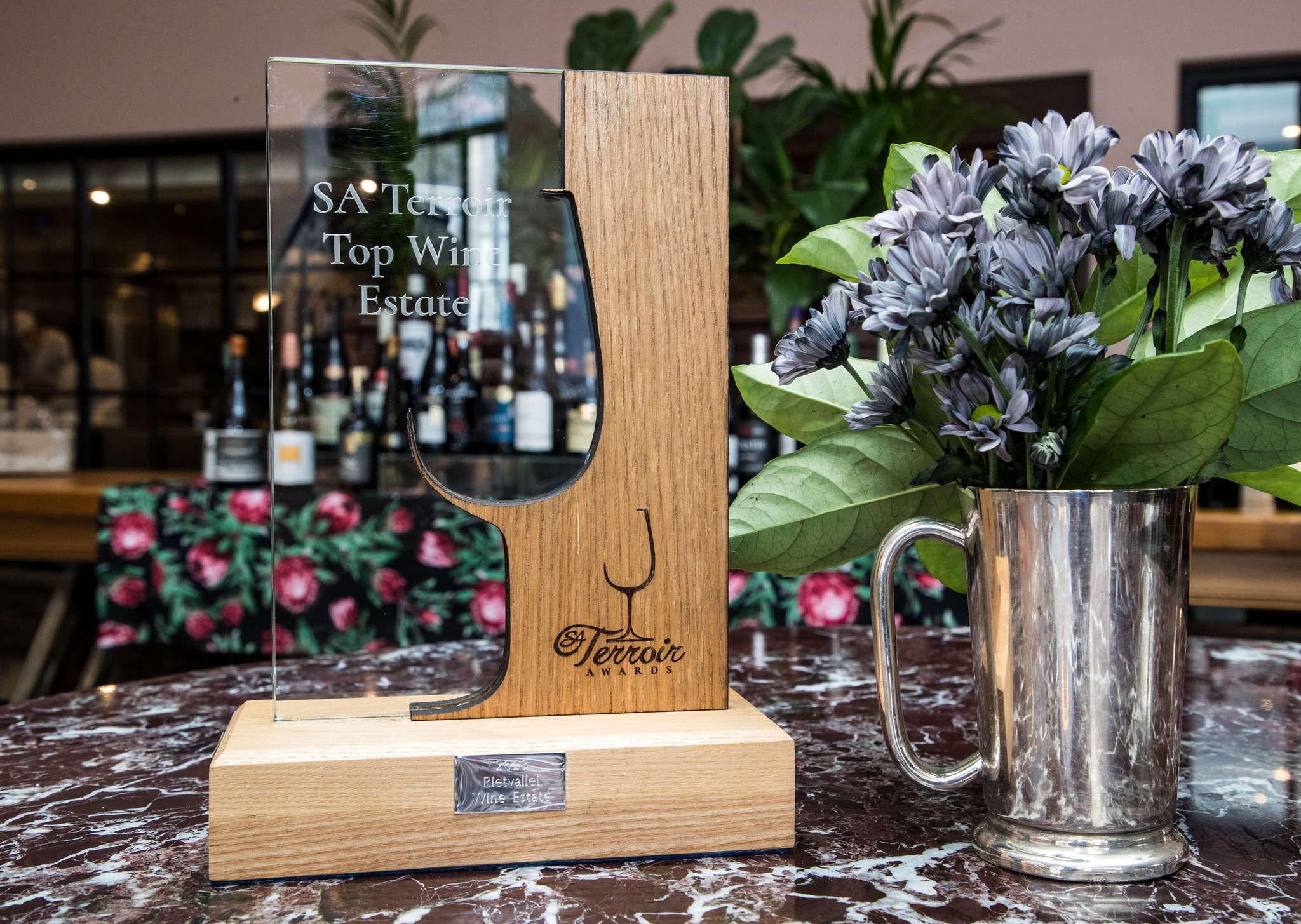
More than just soil
Producers the world over extol the importance of terroir when it comes to wine. The definition of terroir is, according to the Oxford dictionary: “the complete natural environment in which a particular wine is produced, including factors such as the soil, topography and climate”.

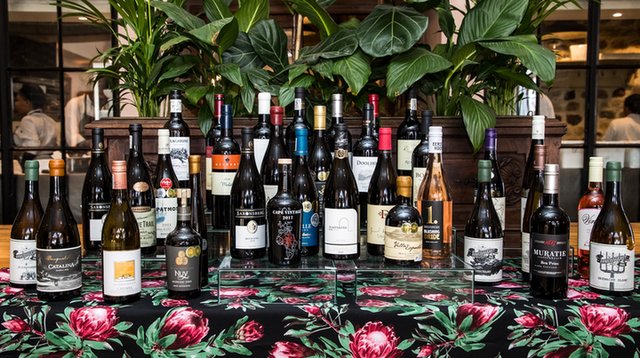
More than just soil

Producers the world over extol the importance of terroir when it comes to wine. The definition of terroir is, according to the Oxford dictionary: “the complete natural environment in which a particular wine is produced, including factors such as the soil, topography and climate”.
Every year, the South African wine industry holds a competition to find and highlight the local producers who present the best expression of terroir. The coveted SA Terroir Trophy for the top wine overall from 264 wines entered in 2023 went to Stellenbosch’s Alto estate for its 2018 cabernet sauvignon.
And with the highest number of top quality entries, Rietvallei estate of Robertson was the best achiever – and for the third consecutive year won the trophy for the top estate producer.
Bragging rights for the best single vineyard wine – the smallest unit of terroir recognised – went to a wine from Elgin, the Almenkerk chardonnay 2020. It was deemed the “most genuine expression of a terrain-driven wine from a specific soil and climate combination”.
“The diversity of our wine areas was once again proven at this year’s SA Terroir wine awards,” said Christo Pienaar, chairperson of the South African National Wine Show Association (SANWSA). “Quality is the core theme of the judging and it is significant to see year after year which terrains in our very special winelands deliver the best of which cultivars and styles.”
The full results are available on the website www.terroirwineawards.co.za
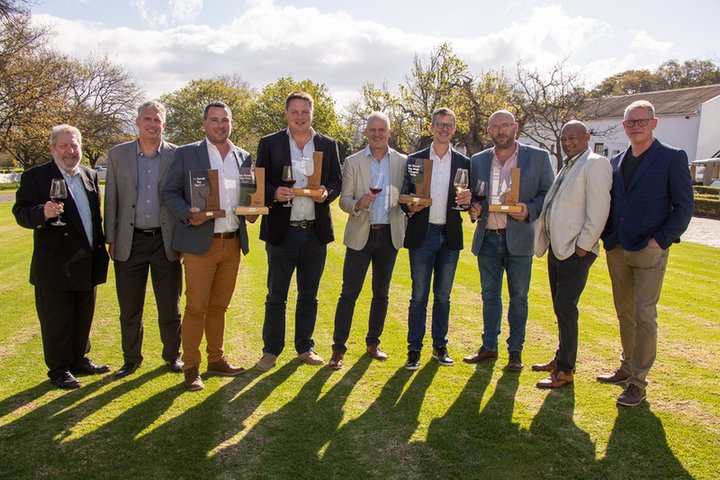
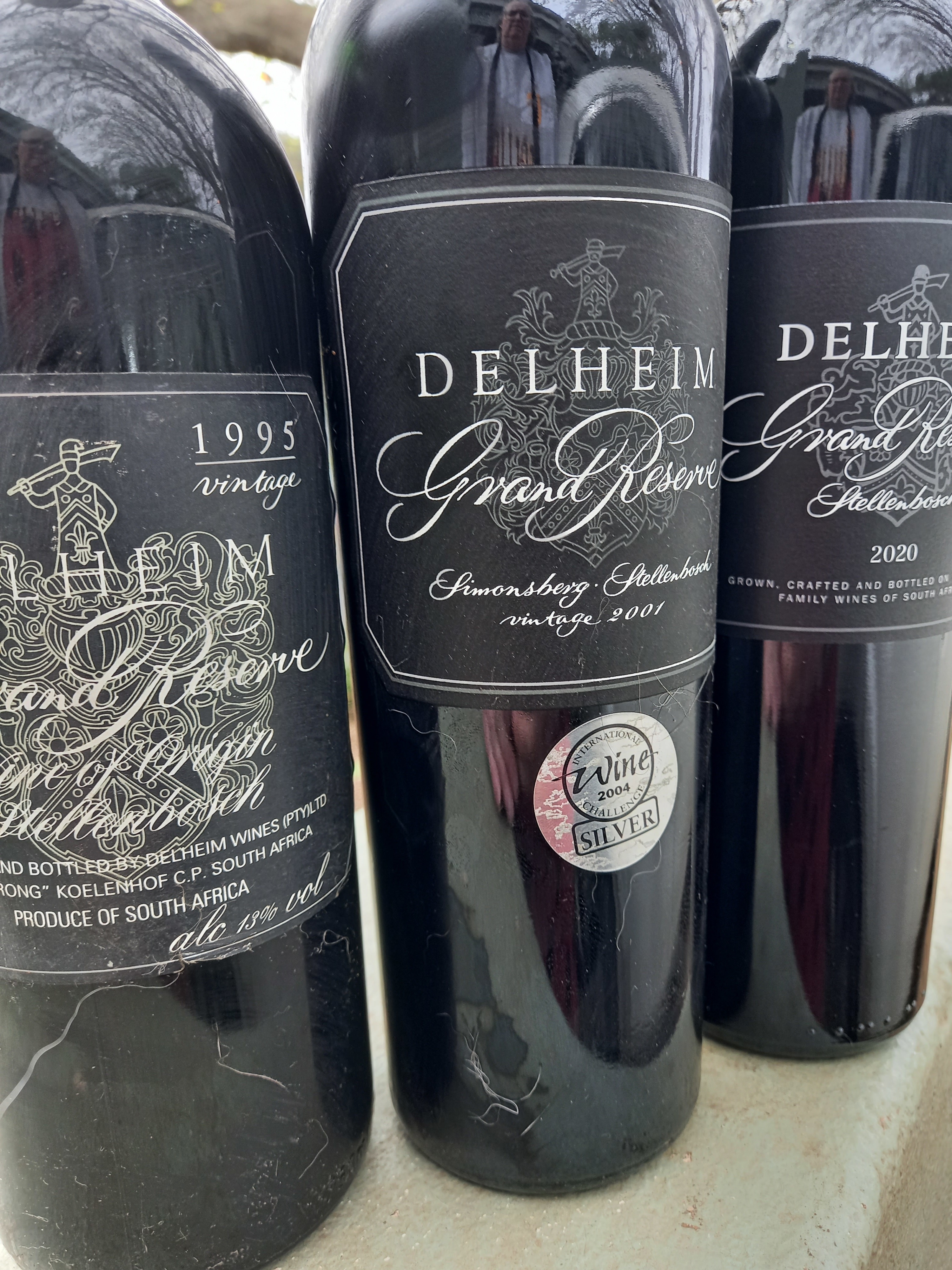
Delheim’s best

Delheim has a special place in South African wine history: it was one of the founding members of the Stellenbosch Wine Route in the 1970s and also one of the first to promote cellar door sales off the farm.
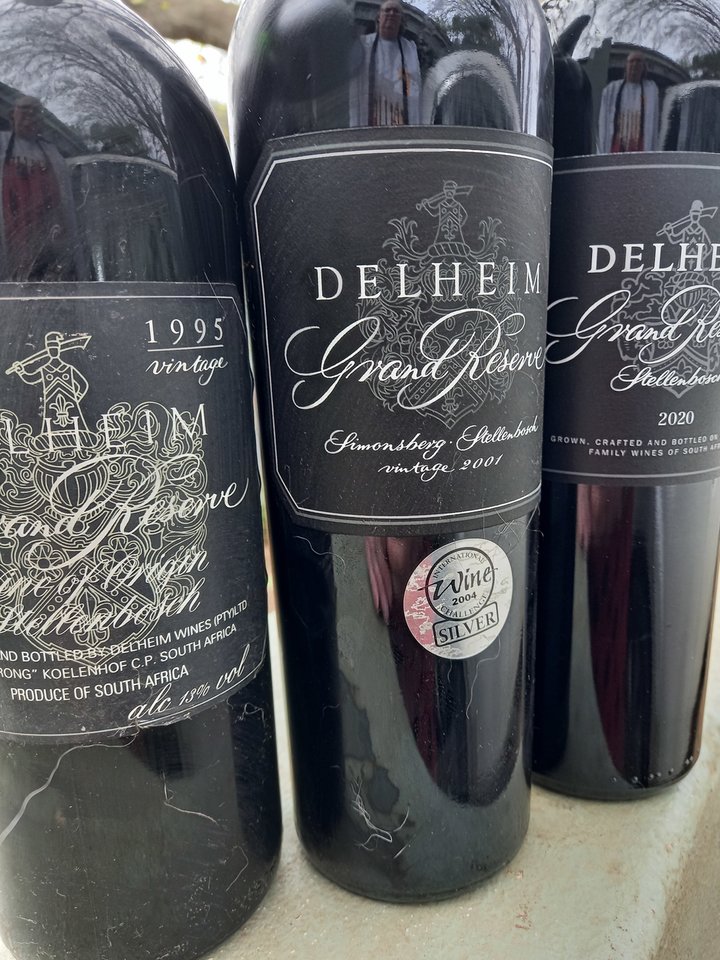
Delheim’s best

Delheim has a special place in South African wine history: it was one of the founding members of the Stellenbosch Wine Route in the 1970s and also one of the first to promote cellar door sales off the farm.
Spatz Sperling was the man behind the label for many years but in the early 1970s his young winemaker Kevin Arnold proposed a “best of the best” red blend. The wine became the Delheim Grand Reserve and its first vintage – a 1981 – was released in 1983.
Speaking at the release of its latest 2020 vintage, current cellar chief Roelof Lottriet said the wine will always be cabernet sauvignon based. The first bottling was 90% cabernet sauvignon and 10% cabernet franc but this has been refined and tinkered with whenever Grand Reserve has been made since it’s not guaranteed every year.
“If the quality isn’t there, we won’t bottle a Grand Reserve,” Lottriet said. Cabernet still reigns supreme in the 2020 at 70% but it’s now having to share the spotlight with 12.5% each of cabernet franc and petit verdot and a 5% splash of merlot.
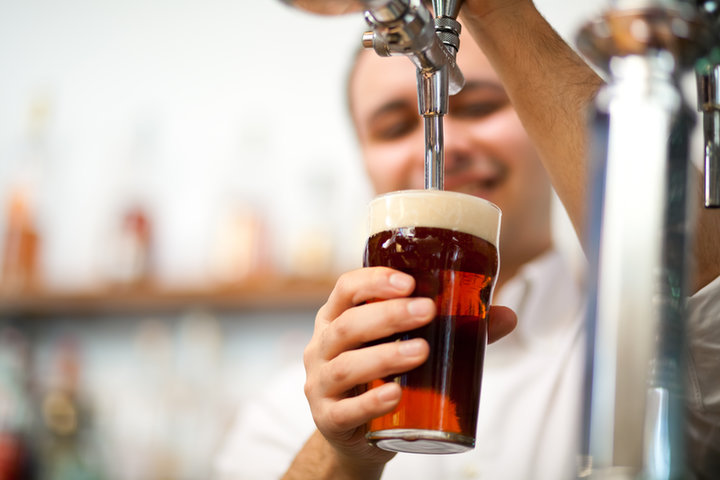

Rooibos beer anyone?
Rooibos is a tea unique to South Africa. It grows in a specific location in the Cederberg on the Cape’s West Coast but is enthusiastically consumed by tea lovers the world over.
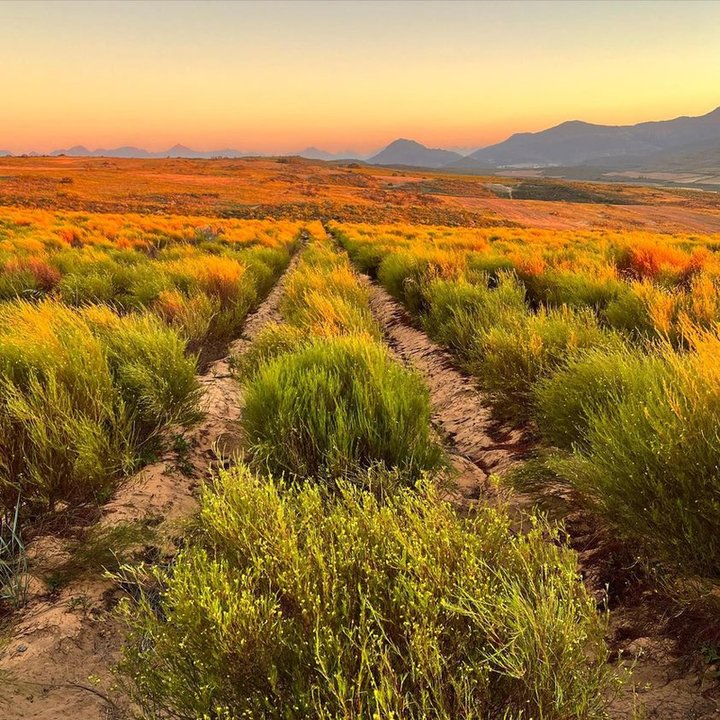
Rooibos beer anyone?

Rooibos is a tea unique to South Africa. It grows in a specific location in the Cederberg on the Cape’s West Coast but is enthusiastically consumed by tea lovers the world over.
Its highly individual flavour has already been used in the world of spirits, with some producers using it in gin, for example, but it appears that it may have a new application: beer!
Mass-produced brews no longer enjoy the exclusive rights to beer lovers share of throat and the landscape has become more dynamic as enthusiastic and innovative craft brewers challenge the accepted norms.
To cater to diverse consumer preferences, breweries are constantly testing the boundaries of flavour innovation. Its why spices, fruit and herbs have found their way into beer recipes, resulting in intriguing blends that reflect the country’s rich culinary heritage.
Adele du Toit, spokesperson for the SA Rooibos Council says the small-batch, all-natural brewing market has experienced a surge in popularity. “For modern consumers, homebrewing and/or enjoying unique and diverse beer flavours add value to the experience. Homebrewing allows beer enthusiasts to experiment with different ingredients and brewing techniques, which provide them with a chance to create personalised and one-of-a-kind (signature) brews.
She says the use of Rooibos in beer has found increasing favour among craft brewers the world over with dozens of Rooibos-infused beer options now available.
“Rooibos’ mild sweetness, earthy notes, and hints of vanilla and honey adds to its appeal in beer,” she said. These flavours can add complexity and depth to various beer styles, particularly lighter or malt-forward brews.
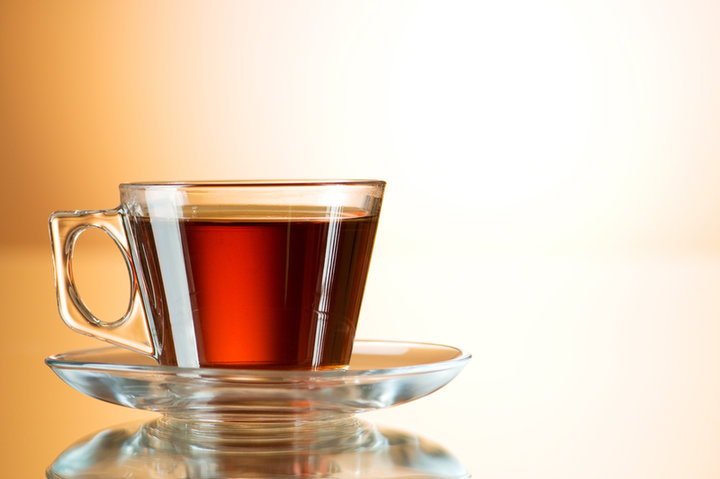

World Class contender

Julian Short is good at making cocktails, and he likes drinking them too – which might be why he is a multiple winner of cocktail-making competitions, the latest being the South African Diageo World Class Bartender of the Year title.
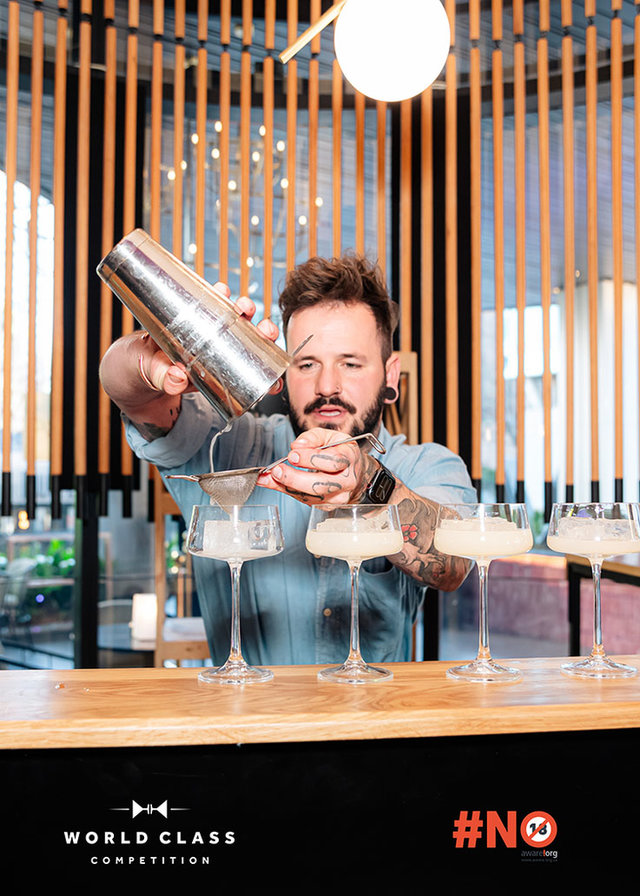

World Class contender
Julian Short is good at making cocktails, and he likes drinking them too – which might be why he is a multiple winner of cocktail-making competitions, the latest being the South African Diageo World Class Bartender of the Year title.
It’s the second time the 31-year-old has won the title, having previously won in 2017.
Over the past 14 years, this Diageo World Class competition has trained more than 400 000 bar tenders from 60 countries.
Short pipped Ballito’s Richie Nahlaka, bar manager at Alchemy bar into second, while Johannesburg’s Maynard Booyzen, bar manager at Ethos, claimed third spot.
“I am overjoyed about winning this year,” Short said. “As you grow older, entering big competitions becomes about your ego – a lot of bartenders don’t enter World Class because they’re afraid of losing to someone younger or less experienced. This year, I told myself I was going up against myself, and I am taking that thinking through to finals in Brazil."

The South African leg of World Class saw 10 finalists completing various challenges over four days at different venues in Johannesburg, many of them under strict time pressure.
“In a competition, your cocktail needs to have a story behind it. For the food pairing challenge, I made a sour apple and ginger soda with Tanqueray 10 – tall, dry and refreshing – and carbonated on stage. I drew the savoury style of cocktail out of a hat, and made a tropical bloody Mary with Ketel One vodka, a clarified tomato, fresh granadilla and gooseberry punch, with coconut milk.” The drink was topped with a beetroot and balsamic reduction.
Short made his first international trip in 2015 to represent South Africa in a tequila bartending competition in Mexico. Since then, he has travelled the world shaking and making cocktails and exchanging skills in bars. In 2016, after working the Johannesburg bar scene, Short became head bartender and manager at Sin + Tax, purchasing the venue four years later to combine business skills with constant innovation behind the bar.
He was previously one of the South African bar industry experts involved in mentoring 100 previously disadvantaged bar staff through Diageo SA’s The Hand-Up Mentorship Programme, which aims to upskill entry level bartenders to become competitors in World Class.
“Going overseas as a young bartender for my first World Class was overwhelming. Since then I have worked at bars all around the world. I am more prepared this time around; I’m going to keep doing me and do my best.”